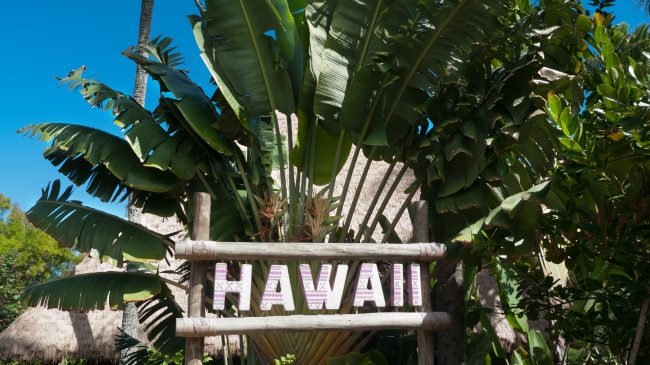Hawaii’s 2018 legislative session is set to host two exciting education reform bills that could add more public and private school options for students.
SB 1279, carried over from the 2017 session, would establish the state’s very first private school choice program. The tax-credit scholarship program would give businesses and individuals an opportunity to make charitable donations to approved nonprofits offering scholarships to children in return for a tax credit equal to 100 percent of their unique contribution. SB 1279 would limit eligibility to students with disabilities, in foster care, or with a family income at less than 185 percent of the federal poverty line.
Because tax-credit scholarships are privately funded through these tax-advantaged donations, they enjoy the advantage of not relying on public tax dollars, which comes with a lower risk of government regulation. Private financing also helps pre-empt the common, though misleading accusation, that a private school choice program is stealing money from public schools.
Tax-credit scholarship programs are also the most popular type of private school choice program among the general public, which may give SB 1279 the extra boost it needs to become law.
Another bill under consideration by the Hawaii legislature is HB 2508, which helps expand charter schools
Hawaii’s first charter school law was passed in 1994, and in 2012, the state legislature passed significant reforms lifting the cap on how many charter schools could operate in the state. As of 2018, an estimated 11,000 students attend 36 different charter schools in Hawaii, about 6 percent of the state’s current student population.
HB 2508 proposes creating a separate facilities funding system for start-up charter schools that could then be used for things like lease assistance and infrastructure costs. Under the current system, charter schools must divert crucial operational funds to pay for such improvements. This puts charters at a unique disadvantage in the education market by requiring them to make additional sacrifices not asked of other schools. HB 2508 changes that calculus by allowing charters to compete on an equal playing field.
Though political obstacles remain, charter schools, like tax-credit scholarships, are gradually winning greater public support and this will likely continue to improve as more Americans are exposed to, and benefit from, school choice. SB 1279 and HB 2508 have the potential to greatly expand educational options in Hawaii for thousands of families.

